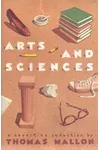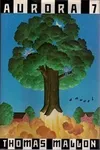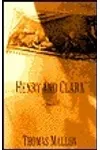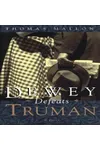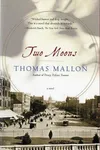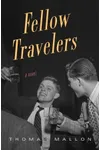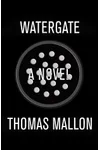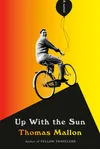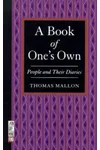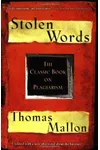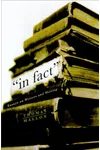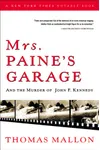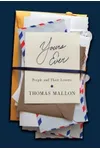Picture an American storyteller who weaves history and fiction into spellbinding tales—meet Thomas Mallon! Born in 1951, this novelist, critic, and academic has spent decades crafting historical novels that bring the past to life with wit and heart. From the Lincoln assassination to the Watergate scandal, Mallon’s stories shine a light on the bystanders of history, making him a unique voice in contemporary literature.
Currently directing the creative writing program at George Washington University, Mallon’s influence extends beyond his books. His sharp essays and reviews in The New Yorker and The New York Times Book Review showcase a mind that’s as curious as it is clever. Ready to step into his world? Let’s explore the life, works, and legacy of Thomas Mallon!
The Making of Thomas Mallon
Born on November 2, 1951, in Glen Cove, New York, Thomas Mallon grew up with a love for stories and history. He earned his Master’s and Ph.D. from Harvard University, diving deep into literature with a dissertation on World War I poet Edmund Blunden. Teaching English at Vassar College from 1979 to 1991, Mallon honed his craft, but it was a sabbatical at Cambridge University in 1982–1983 that sparked his breakthrough. There, he penned much of A Book of One’s Own, a nonfiction gem about diarists that earned him tenure and critical acclaim.
Mallon’s early career wasn’t just academic. As literary editor of Gentleman’s Quarterly, he wrote the “Doubting Thomas” column, sharpening his wit and critical eye. These experiences shaped his ability to blend meticulous research with storytelling flair, setting the stage for his novels.
Thomas Mallon’s Unforgettable Stories
Mallon’s novels are like time machines, transporting readers to pivotal moments in American history through the eyes of its unsung players. His 1994 novel Henry and Clara follows the tragic couple who joined Abraham Lincoln at Ford’s Theatre on that fateful night in 1865. Praised by John Updike as the work of “one of the most interesting American novelists,” it marked Mallon’s rise in historical fiction.
Fellow Travelers (2007) is another standout, a poignant tale of love and betrayal set during the 1950s Lavender Scare. Adapted into a critically acclaimed miniseries and an opera, it showcases Mallon’s knack for humanizing history’s margins. Watergate (2012), a PEN/Faulkner Award finalist, reimagines the Nixon-era scandal with humor and humanity, while Up With the Sun (2023) dives into the gritty glamour of 1980s Broadway and Hollywood. Mallon’s style—witty, detailed, and deeply empathetic—makes history feel alive and personal.
Beyond fiction, Mallon’s nonfiction, like Yours Ever (letters) and Stolen Words (plagiarism), explores the quirks of literary culture. His essays, collected in In Fact, reveal a critic who loves literature as much as he questions it, always with a playful edge.
Why Thomas Mallon Matters
Thomas Mallon’s work reminds us that history isn’t just about the headliners—it’s about the people on the sidelines, too. His novels give voice to those overlooked by time, blending rigorous research with emotional depth. Honors like Guggenheim fellowships, the National Book Critics Circle citation, and election to the American Academy of Arts and Sciences in 2012 reflect his impact. As a teacher, he inspires new writers, ensuring his influence endures.
Mallon’s ability to make the past resonate with today’s readers is his true legacy. Whether exploring political scandals or personal struggles, he shows how history shapes who we are—and who we might become.
- Born: November 2, 1951, Glen Cove, New York
- Key Works: Henry and Clara, Fellow Travelers, Watergate, Up With the Sun
- Awards: PEN/Faulkner Award finalist, Harold D. Vursell Memorial Award for prose style
- Current Role: Director, Creative Writing Program, George Washington University
Snag Fellow Travelers or Watergate and dive into Thomas Mallon’s witty, heartfelt world of historical fiction!
